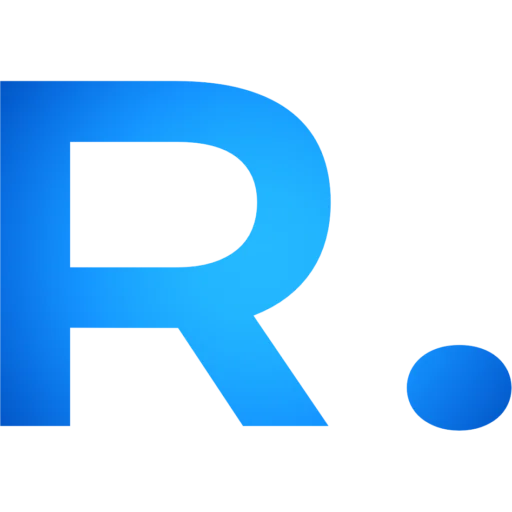Bevezetés
Egy olyan korban, amikor a környezeti fenntarthatóság kiemelkedő fontosságú, a települési szilárd hulladék (MSW) hatékony kezelése globális prioritássá vált. A MSW válogatósorok ennek a környezetvédelmi törekvésnek az élvonalában állnak, átalakítva a hulladékkezelés módját.
A települési szilárdhulladék-válogató sor egy olyan létesítmény, amelyet lakossági, kereskedelmi és ipari forrásokból összegyűjtött hulladék szétválasztására és feldolgozására használnak. A települési szilárdhulladék-válogató sor fő célja a különböző típusú hulladékanyagok szétválasztása újrahasznosítás, hasznosítás és megfelelő ártalmatlanítás céljából. A folyamat jellemzően több lépésből áll:
- Átvétel és tárolásA hulladékot a létesítmény fogadja és ideiglenesen tárolja.
- ElőválogatásA kezdeti válogatás célja a nagyméretű tárgyak és szennyeződések eltávolítása, amelyek károsíthatják a válogatóberendezést.
- Szűrés és mechanikus válogatásKülönböző mechanikai eljárásokat, például dobszűrőket, szűrőket és szállítószalagokat használnak a hulladék méret és fizikai jellemzők szerinti szétválasztására.
- Manuális rendezésA munkások manuálisan válogatják a hulladékot, hogy tovább elkülönítsék az újrahasznosítható anyagokat, például a papírt, a műanyagokat, a fémeket és az üveget.
- Mágneses és örvényáramú elválasztókEzeket vas- és színesfémek kinyerésére használják.
- Optikai rendezésA fejlett technológiák, mint például az optikai válogatók, tovább finomíthatják a válogatási folyamatot, különösen a műanyagok esetében.
- Bálázás és csomagolásAz újrahasznosítható anyagokat bálákba tömörítik a könnyű szállítás érdekében.
- Hulladékból energiátA szerves hulladék anaerob rothasztókban vagy hulladékégetőkban feldolgozható energia előállítására.
- ÁrtalmatlanításA nem újrahasznosítható és a maradék hulladékot hulladéklerakókba vagy hulladékégetőbe szállítják.

Környezeti és gazdasági előnyök
A települési szilárd hulladék válogatósorainak telepítése jelentősen befolyásolja a környezeti fenntarthatóságot. Az újrahasznosítási arányok növelésével és a hulladéklerakók használatának csökkentésével ezek a létesítmények hozzájárulnak az üvegházhatású gázok kibocsátásának csökkentéséhez és az erőforrások megőrzéséhez. Gazdaságilag munkahelyeket teremtenek, és elősegítik a körforgásos gazdaságot, ahol a hulladékot nem csak eldobják, hanem újrafelhasználják és újrahasznosítják.
Kihívások és jövőbeli irányok
Előnyeik ellenére a települési szilárd hulladék válogatósorai olyan kihívásokkal néznek szembe, mint a magas üzemeltetési költségek, a technológiai bonyolultság és a folyamatos innováció szükségessége a különféle hulladékáramok kezeléséhez. A jövőbeli fejlesztések magukban foglalhatják a mesterséges intelligencia és a gépi tanulás integrációját a hatékonyabb válogatás érdekében, valamint a fenntarthatóbb hulladékból energiát előállító technológiák fejlesztését.
Következtetés
A települési szilárd hulladék válogatósorai kulcsfontosságúak a fenntartható hulladékgazdálkodás keresésében. Ahogy fejlődünk, ezek a létesítmények folyamatosan fejlődnek, kritikus szerepet játszva a környezetvédelemben és az erőforrás-gazdálkodásban. Az ilyen innovációknak köszönhetően reménykedhetünk egy fenntarthatóbb és hulladékbarátabb jövő elérésében.
ÉRDEKLŐDÉSEK
A legfrissebb árakért és szállítási határidőkért küldjön nekünk üzenetet az alábbi űrlap segítségével.
[contact-form-7 id=”c9499fe” title=”Kapcsolatfelvételi űrlap 2″]


